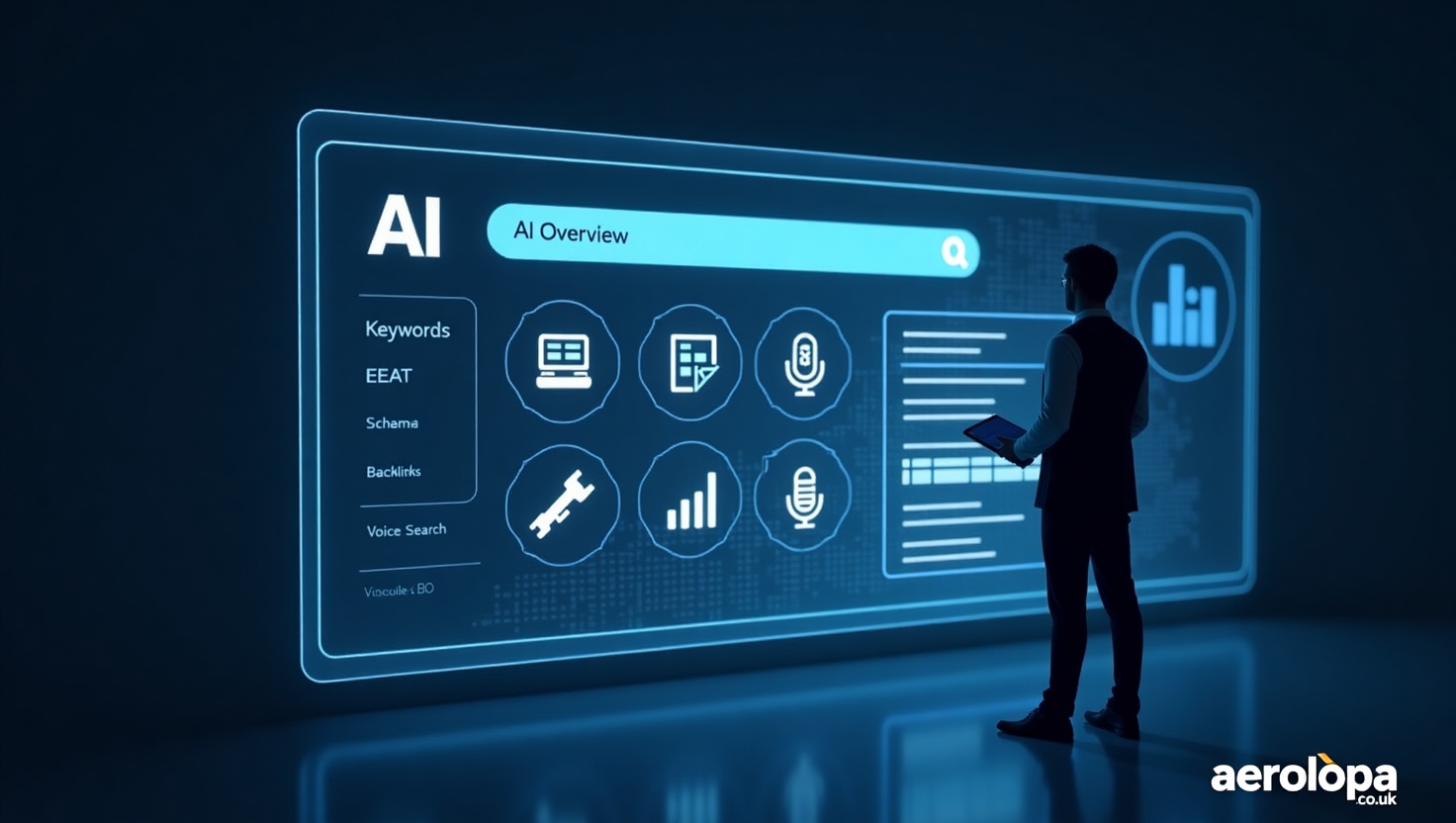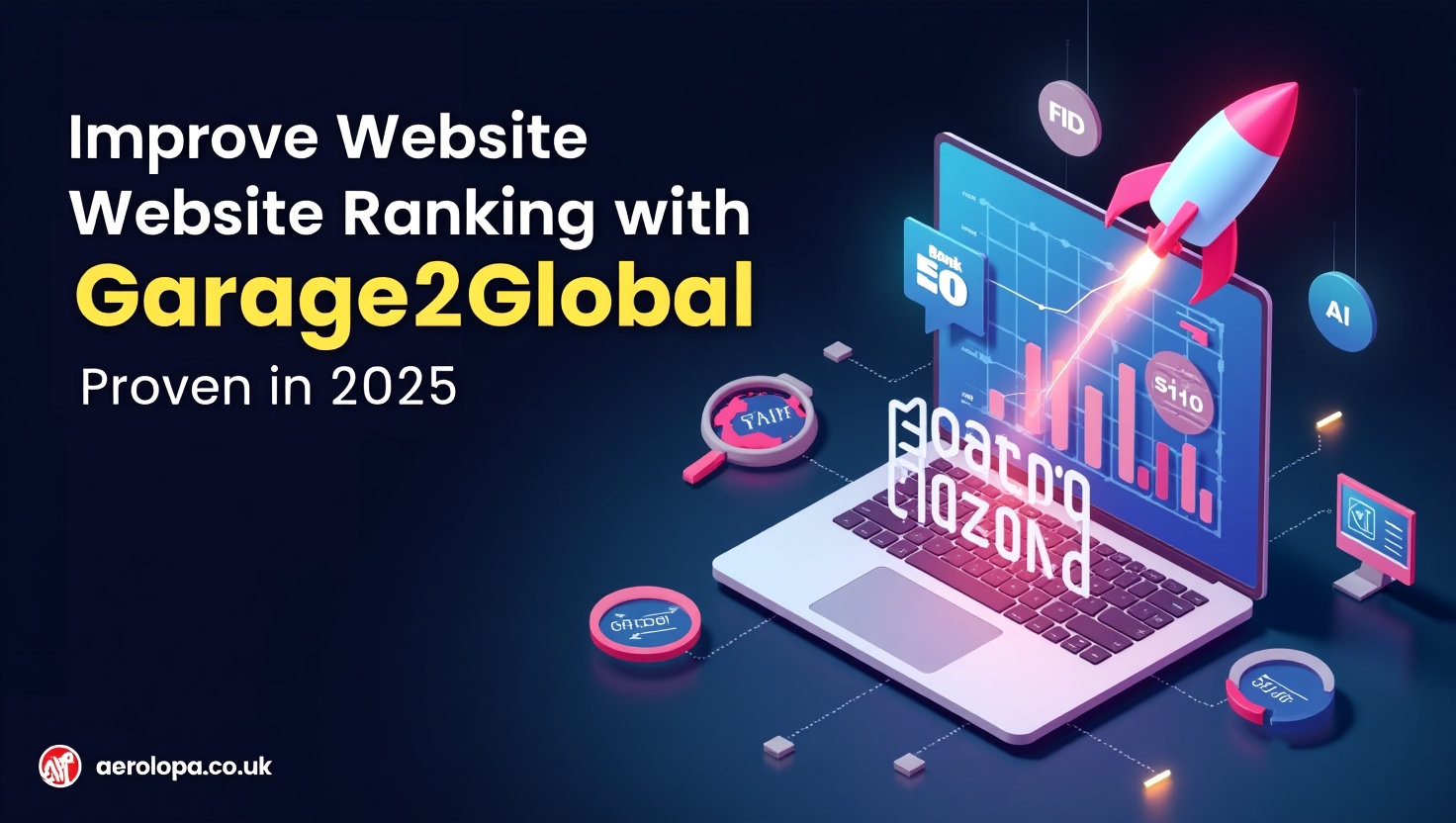SEO is no longer just a marketing skill—it’s a career, a business model, and a digital superpower. Whether you’re a freelancer, business owner, content creator, or marketing agency, understanding SEO unlocks online visibility, passive traffic, and serious income.
This guide covers everything you need to know about SEO in 2025, from basic strategies to how much SEO experts earn, the future of search, monetization, myths, tools, and how to start or scale your SEO career.
What is SEO?

The process of improving websites and online content to rank better in search engine results pages (SERPs) is known as SEO (Search Engine Optimization). The goal is to increase organic (non-paid) traffic from platforms like Google, Bing, and others.
When done correctly, SEO improves:
- Visibility
- Click-through rates
- Sales and conversions
- User trust and authority
- Website performance metrics
SEO combines content strategy, technical adjustments, backlinks, and user experience optimization to meet the algorithms’ evolving expectations.
Types of SEO
- On-Page SEO: Optimizing individual pages (titles, content, internal linking)
- Off-Page SEO: Building backlinks, brand mentions, external signals
- Technical SEO: Ensuring website performance, crawlability, and indexability
- Local SEO: Optimizing for location-specific searches and map packs
- eCommerce SEO: Focusing on product pages, collections, and commercial intent
- Mobile SEO: Creating mobile-first, responsive experiences
- Voice SEO: Aligning with voice assistant behavior
Why SEO Matters More Than Ever
More than 90% of internet interactions start with a search engine in 2025, and users hardly ever look past the first few results. SEO isn’t just valuable—it’s critical for:
- Driving targeted traffic
- Reducing ad spend
- Increasing brand credibility
- Building long-term digital equity
- Competing with big brands organically
As AI changes how people search, being search engine visible is key to staying relevant in any niche. With rising ad costs and decreasing attention spans, organic search is one of the most cost-effective ways to attract long-term visitors.
SEO is not a “one-and-done” task. It requires consistent content updates, monitoring analytics, adapting to algorithm changes, and improving user experience over time.
SEO Income Breakdown by Specialization (2025)
SEO isn’t just one job—it’s a field with many profitable sub-specialties. Here’s a detailed look at how much different types of SEO professionals are earning in 2025:
| SEO Type | Role Description | Annual Income Range (USD) |
|---|---|---|
| Freelance SEO Expert | Offers general SEO services to clients (on-page, off-page, content) | $30,000 – $90,000 |
| SEO Consultant | Strategic advisor for medium to large businesses | $60,000 – $150,000+ |
| Local SEO Specialist | Focuses on Google Maps rankings for local businesses | $35,000 – $100,000 |
| Technical SEO Expert | Handles site architecture, Core Web Vitals, schema, etc. | $70,000 – $130,000 |
| Content SEO Specialist | Optimizes blog posts and editorial content | $40,000 – $100,000 |
| eCommerce SEO Specialist | Optimizes online stores (Shopify, WooCommerce) | $60,000 – $120,000 |
| Affiliate SEO Marketer | Builds ranking websites for affiliate income | $10,000 – $1,000,000+ |
| YouTube/Video SEO | Optimizes video content for discovery | $30,000 – $90,000 |
| SEO Blogger/Educator | Monetizes blogs, courses, templates | $25,000 – $200,000+ |
| SEO Agency Owner | Offers full-suite services to multiple clients | $100,000 – $500,000+ |
| In-House SEO Specialist | Works internally at a company | $50,000 – $85,000 |
| Enterprise SEO Manager | Leads SEO at large corporations | $100,000 – $180,000 |
| AI SEO Specialist | Uses AI tools for scalable SEO | $80,000 – $160,000 |
| SEO Copywriter | Writes SEO-optimized web content | $25,000 – $80,000 |
High-income niches include legal, health, SaaS, real estate, and finance SEO.
How SEO Professionals Make Money
SEO professionals have access to multiple income streams:
- Freelancing: Provide SEO services via platforms like Upwork, Fiverr, or direct outreach
- Affiliate Marketing: Create niche content websites and earn through affiliate links
- Agency Work: Manage multiple clients for recurring income
- Consulting: Offer strategy sessions and retainers to businesses
- Digital Products: Sell templates, checklists, keyword planners, and SOPs
- Courses & Coaching: Educate others through webinars, videos, or memberships
- YouTube & Blogging: Monetize content with ads, sponsors, and affiliate links
Many SEOs eventually build passive income sources to reduce reliance on client work.
The 3 Pillars of SEO Success
1. Content That Ranks
- Focus on topic clusters, internal linking, and search intent
- Use visual elements (infographics, images, video) to improve UX
- Structure content with H1-H3 tags and make it skimmable
2. Technical SEO
- Implement XML sitemaps, robots.txt, schema markup
- Monitor crawl errors and broken links
- Use lazy loading and compression for performance
3. Authority Building
- Gain links from trusted websites in your industry
- Steer clear of black-hat link schemes as they may result in penalties.
- Leverage HARO, guest posting, podcast appearances, and PR
Top SEO Trends in 2025
AI-Powered Search
Search is now AI-enhanced. Engines use natural language processing to deliver answers. Prioritize helpful, structured, and original content.
Voice & Conversational Search
Optimize for natural language queries. Use FAQs and conversational titles.
Zero-Click SERPs
Users get answers without clicking through. Use schema to appear in featured snippets.
Visual & Multimodal Search
Create content for TikTok, Pinterest, and Google Lens. Optimizing images is crucial.
EEAT & First-Hand Experience
Google prioritizes sites with real expertise and transparency. Include author bios, reviews, certifications, and original research.
SEO Tools That Matter
Use the right tools to streamline workflows and scale your efforts:
- Google Search Console: Track keyword performance and site indexing
- Ahrefs / SEMrush: Perform backlink and keyword research
- Surfer SEO / Frase: Create data-driven content briefs
- Screaming Frog: Run in-depth technical audits
- Examine user activity and traffic sources using Google Analytics 4.
- Canva / Lumen5: Support visual SEO with high-quality visuals
Starting a Career in SEO

Whether you’re a student, entrepreneur, or career switcher, here’s how to begin:
- Learn the basics via blogs, YouTube channels, and free courses
- Build your own blog or portfolio site
- Practice with real tools like GSC, Ahrefs (free trials), and Screaming Frog
- Offer low-cost or free SEO work to get testimonials
- Network in communities like SEO Signals Lab, Reddit, and Twitter
- Specialize in a niche (e.g., local, SaaS, affiliate)
Certifications like Google Digital Garage, HubSpot, or Semrush Academy can help build credibility.
Pro Tips for SEO Success
- Use Google Trends to find new content opportunities
- Repurpose content across blog, video, email, and social
- Regularly audit your website for broken links and speed
- Avoid over-optimization; natural language is key
- Prioritize user experience over tricks
SEO Career FAQ
Q: Is SEO still relevant in 2025?
A: More than ever. SEO adapts with technology, but it’s not going away.
Q: Can I learn SEO without a degree?
A: Yes, it’s skill-based. Many top SEO pros are self-taught.
Q: How long does it take for SEO to start producing results?
A: Typically 3–6 months, depending on competition and consistency.
Q: Is SEO income consistent?
A: Yes, especially with retainer clients, affiliate earnings, or productized services.
Q: Is AI replacing SEO?
A: No. While AI improves SEO, it cannot take its place. Humans still provide strategy and context.
Conclusion: In 2025, SEO Will Be the Most Powerful Digital Tool
SEO isn’t just about rankings—it’s about visibility, traffic, credibility, and income. In a world where algorithms rule attention and trust is currency, mastering SEO is your ticket to growth.
Whether you’re aiming to freelance, build passive income, grow your brand, or lead enterprise strategy, learning SEO gives you the power to scale sustainably in the evolving digital age.
It’s time to build your future. Start learning. Start optimizing. Start ranking.




